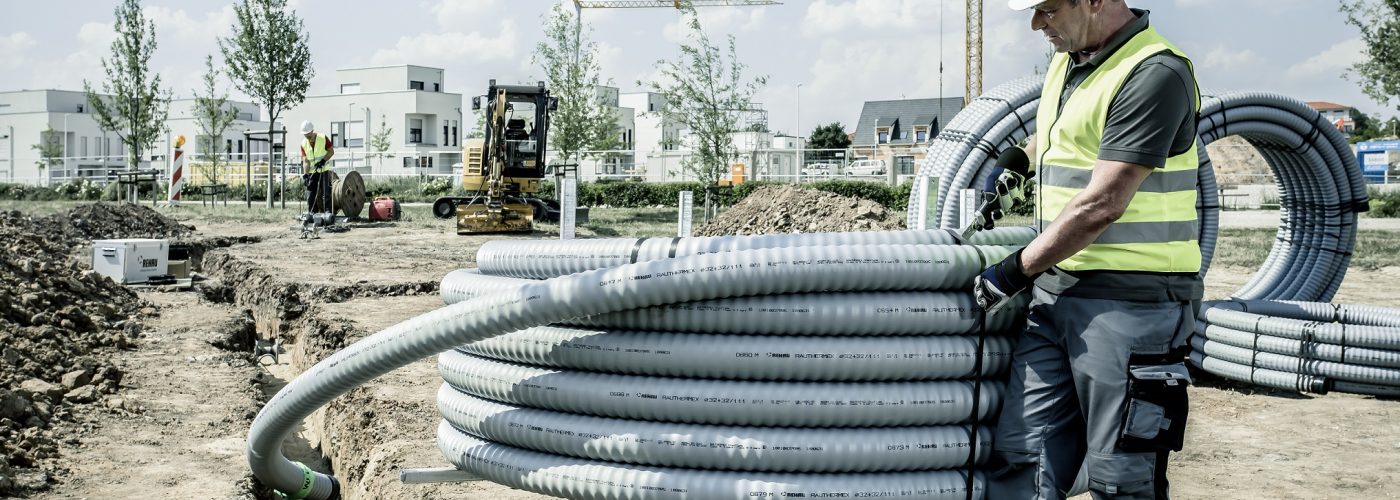The Government must increase the scope of green subsidy schemes for UK homes to successfully transition from gas-based heating and address skyrocketing energy costs, according to polymer pipework specialist REHAU.
REHAU’s comments follow recent criticism from the Business, Energy and Industrial Strategy (BEIS) select committee that the Government’s plans to end the country’s reliance of gas were inadequate and lacked clear direction. With domestic heating constituting 17% of the UK’s carbon emissions and gas currently warming 86% of homes, the company is highlighting the need for effective, innovative technologies that can make an instant impact.

“The issue of how we are going to decarbonise heating for new and existing residential building stock is not a new one,” explains Steve Richmond, Head of Marketing and Technical at REHAU Building Solutions. “Yet as the recent comments from the BEIS select committee demonstrates, there is currently an unacceptable gap between good thought and good practice. Though the Government’s Heating and Buildings Strategy lays out welcome steps, including the £450m Boiler Upgrade Scheme, this pot is too small to make a meaningful difference.
“The adoption of heat pumps and district heating systems at scale is a clear and obvious solution that can be adopted in the here-and-now. But in order for these technologies to be as impactful as possible, the Government needs to expand the rollout of low-carbon and waste heat networks. Only by doing so can we fulfil the enormous potential of these transformative technologies in the UK.”
Beyond expanding the scope of existing schemes, Steve is advocating for a review of energy subsidies on electricity bills, which would make heat pumps more attractive to end users currently on mains gas. Since the closure of the non-domestic Renewable Heat Incentive scheme, there are also very limited funding options for private commercial buildings to transition from fossil fuels to these more sustainable options.
“As highlighted by the various trade associations, while the need for action is clear absolutist moves such as shifting policy costs onto gas bills could create further price spikes that could badly affect UK households,” Steve concludes. “As such, policy needs to be carefully enacted to level the playing field between gas and other solutions and ensure this necessary transition is as cost-effective as possible.
“While a nuanced approach is clearly required in the medium-to-long term, the end goal is clear – a national energy mix that is sustainable and not hostage to spiralling fuel costs. District heating and heat pump technologies offer the best way forward in this regard.” For more information on REHAU’s low carbon district heating solutions, visit: www.rehau.co.uk/districtheating





